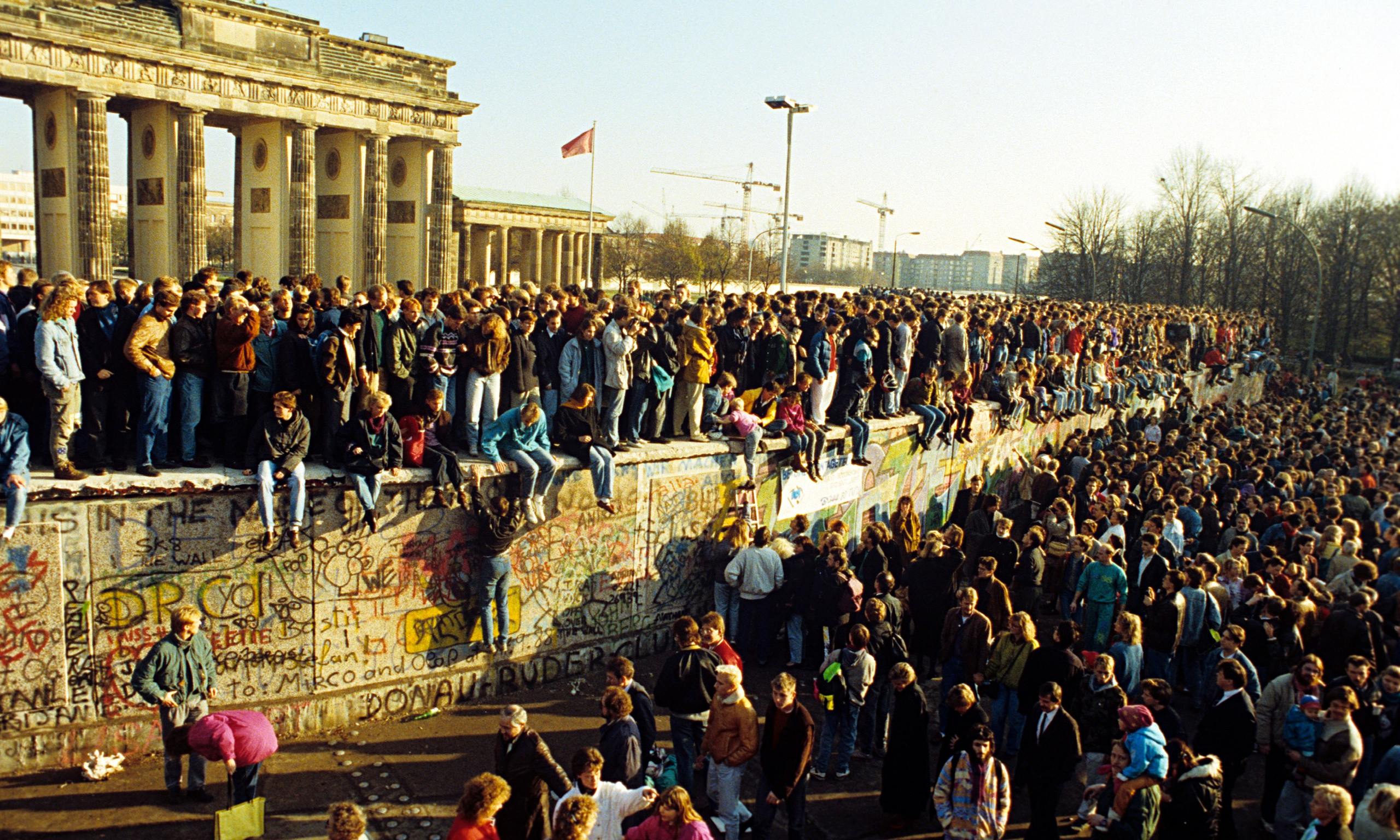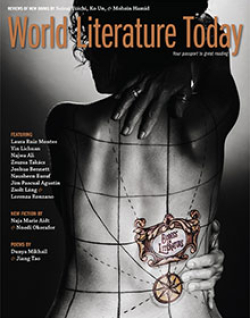Posts Tagged ‘Elliot Ackerman’
Thanksgiving: History and Healing in Troubled Times
In the U.S. Thanksgiving is a favorite holiday, a time when family and friends come together, pause in their hectic, perhaps fraught, lives to give thanks and consider their blessings. Gratitude remains a most reliable platform upon which to build the future.
My own gratitude includes my loving family. In a break with my monthly blog, I’d like to share a moving Thanksgiving essay by my son Elliot, published in The New York Times: A Thanksgiving Message in a 1963 Proclamation.
“What to Read Now: War Narratives”
From the September/October 2015 issue of World Literature Today
While the US-led wars in Afghanistan and Iraq have been going on for fourteen years, much of American literature from these conflicts is only now emerging. I appreciate the veterans who’ve woven the simultaneously “worst and best days of their lives” into literature. They have turned to all forms to find their truth—poetry, short stories, memoir and the novel. (Disclosure: I’m the mother of a Marine who served in both conflicts and is now one of the novelists listed here.)
I have framed these suggested readings with a history from the Great War a hundred years ago and with a diary of one of the long-serving detainees in Guantánamo. Truth in literature is determined in part by point of view. In these books, the reader can take a journey from many perspectives.
Margaret MacMillan
The War That Ended Peace
Random House
In this nonfiction book, Margaret MacMillan narrates history through the lives of those responsible for World War I. The characters and cousins could populate a fiction collection with their dramas, imaginations and absurdities. MacMillan offers an inside view, revealing the people and stories behind the politics and events that led to a war many feel—and felt at the time—shouldn’t have happened.
Brian Turner
My Life as a Foreign Country: A Memoir
W.W. Norton
The author writes of his deployment as an Army sergeant, beginning in the US learning to identify body parts, watching combat on television, and then arriving in Iraq and facing real combat in the first Stryker brigade. “We rode on a war elephant made of steel,” he writes of the nineteen-ton tank. A poet (Here, Bullet), Turner narrates his experiences and his return home in a poet’s language, which spins the harshest circumstances—the soggy, trodden straw—into gold and art.
Phil Klay
Redeployment
Penguin Press
A veteran of the US Marine Corps assembles a dozen short stories and first person narrators—soldiers on the front lines, in the rear, at desks, with their family, friends, wives and girlfriends back home. The narrators’ voices are witty, unflinching, nostalgic, and the stories make the reader laugh, cry and wonder how a generation honed on this conflict will return to life as it was.
Elliot Ackerman
Green on Blue
Scribner
This novel narrates the war in Afghanistan from the point of view of an Afghan orphan who gets caught up on the American side of the conflict in order to keep his brother alive. He quickly learns that the war has too many sides and so many points of view that truth shimmers only in the eyes of the beholder.
Mohamedou Ould Slahi (Larry Siems, ed.)
Guantánamo Diary
Little Brown
Guantánamo Diary tells the story of the “war on terror” from the point of view of one who has been detained, tortured, and continues to proclaim his innocence. With a literary and humane voice, Slahi, edited beautifully by Siems and redacted by a censor, renders the horror and humanity in this war that will not end.
Times and Tides
Anniversaries abounded this past week:
—November 11: The hundredth anniversary of World War I was perhaps the most significant. Since I wasn’t alive then, I have no personal memories, but I have an appreciation of its significance in all the years that followed and influenced my life. I also appreciate the misreading and historic mistakes that led so much of the world to war.
—November 9: The twenty-fifth anniversary of the fall of the Berlin Wall—I was around for that. A few months afterwards our family moved to Europe, and I took my children to East Berlin where we walked across Checkpoint Charlie and knocked down the wall ourselves. We still have a bag of the concrete from the wall in a cabinet in our home; the most artistic slabs with colored graffiti we mounted under plexiglas and shared with friends.

—November 8: The tenth anniversary of the second Battle of Fallujah is very personal. We had a son at the front of that battle who survived and is still processing the impact on him and his friends and the country. He has developed into a beautiful writer who tells and has published his own essays and stories. His first novel Green on Blue will be published by Scribner’s this February. Not noted as widely at the time ten years ago were the battles of the civil war in the Ivory Coast. During the Battle of Fallujah I was with African PEN centers in Dakar, Senegal planning a PEN Congress. The headlines on the front pages there were from the Ivory Coast, not Iraq. My heart at the time was stretched across continents. In quiet moments I can still feel…or is it hear?…this beating of the heart.
—And finally this fall celebrated the fiftieth anniversary of my own high school graduation—an unexpected gathering of friends, most of whom I hadn’t seen in a quarter and some in half a century. We found the friendship and goodwill were what had lasted, had roots and still flourished among us.
This flowering and expanding of life and the heart is what I take away. The walls that fall between us are still challenged by the battles fought among us. History repeats or teaches. There are no simple lessons, but to the extent we find ways to break down the walls and end the battles, we hope. Hope after all is still a threshold of history.
